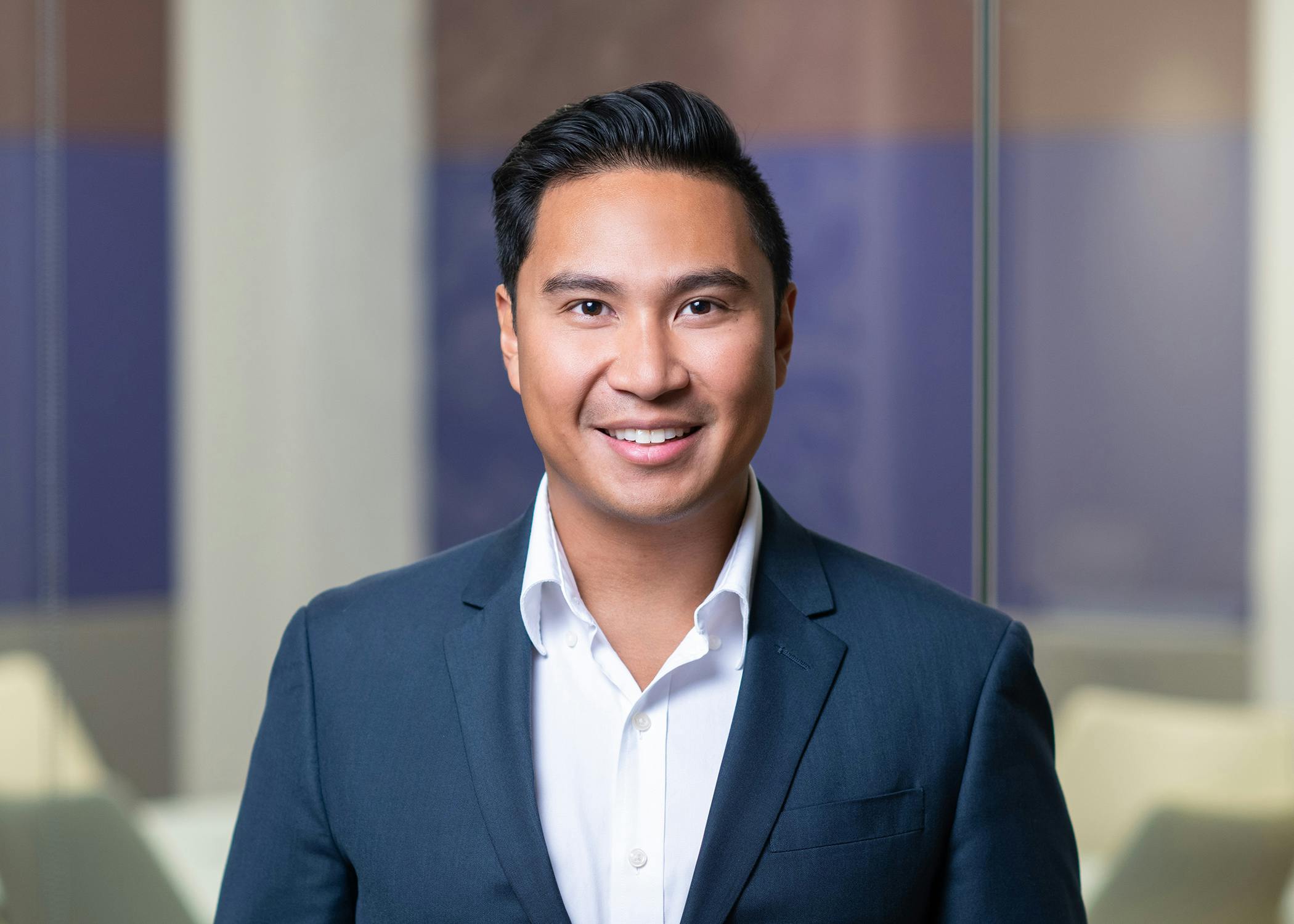Royalties due after a patent’s expiration are unlawful per se—a rule first articulated by the U.S. Supreme Court in Brulotte in 1964 and upheld by Kimble in 2015.[1]
But Brulotte’s rule is often criticized for interfering with private parties’ freedom to contract. Patent owners and licensees have no certainty as to whether a patented idea will yield significant economic value, and more—those inventions can take decades until they yield marketable products.[2] Thus, sales capturing the value of an invention often peak at the end or after the patent’s expiration.
Kimble entertained the question of overturning Brulotte; it did not. Kimble instead highlighted creative contractual arrangements to collect on sales post-expiration without running afoul of Brulotte: royalties on sales accrued during the patent term could be amortized over a term extending beyond the patent’s life; royalties may run until the latest-running patent in the licensed portfolio expires; royalties may be additionally tied to other consideration, including copyrights, trademarks, and trade secrets; and other business arrangements involving equity or joint ventures could enable contracting parties to allocate risks and rewards in commercializing an invention.[3]
In the years following, at least one court has relied on Kimble to enforce quasi-contracts to prevent unjust enrichment. In De Simone, the patent owner was to receive a 3% royalty until sales totaled $50 million, after which the royalty increased to 5% through the expiration of the relevant patent.[4] In a second contract, the patent owner was to also provide know-how for the “manufacture, production, marketing, and sale” of the commercial product in exchange for a 5% royalty on sales, effective upon expiration of the patent and terminating one year after.[5] The court held that while the patent license and the know-how agreement were two different documents, they are equivalent to the hybrid license (patent plus copyright, trademark, or trade secret) discussed in Kimble. Id. And, even though the patent owner terminated the know-how agreement before it became effective (such that its enforceability was not at issue), the licensee nevertheless made sales of the commercial product without paying for the patentee’s know-how.[6] The court upheld the jury’s verdict that the licensee was unjustly enriched for failing to compensate the patentee for its know-how.
Other courts have remained steadfast in their application of Brulotte’s rule, preventing post-patent expiration royalties. For instance, the court in Galbraith Labs., Inc. v. Nanochem Solutions, Inc. held a technology assignment agreemen7t entered into by a patent owner violated the Brulotte rule by requiring post-patent expiration royalties for the licensed products.[] The patent owner claimed that Brulotte should not apply, arguing the agreement tied the royalty payments to non-patent rights; namely, that royalty payments were compensation for release of an interest in a joint venture.[8] The court disagreed, dismissing the patent owner’s claims and finding the royalties were directly tied to the sale of the patented, licensed products as the agreement required royalties to be paid on “any products covered by patents that issued on the above referenced patent application” with no difference in the payments made during the patent’s term or after it expired.[9]
Practical considerations
Although Kimble and Brulotte have important implications for post-patent expiration payments, patent owners and licensees may still hedge the risks and capture the rewards of commercializing an invention beyond the scope or term bestowed by an issued patent. For example, contracts on royalties based on an invention described in a patent application, whether or not it matures into a patent, are valid.[10] While royalties to an issued patent are limited by Brulotte, Aronson held that royalties on an idea (more specifically, a patent application that never matured into a patent) were “explicitly independent of federal law.” Thus, inventors can, for instance, leverage the intellectual property associated with ongoing research of a licensed technology and corresponding patent applications for royalties even if those applications do not result in patents. Patent applications can also be staggered in time (as is often the case with ongoing research efforts) to continue receiving royalties on a technology where some or all of the associated issued patents have expired. And, because Brulotte does not “extend its royalty-cancelling powers to contracts for foreign patents,” inventors can explore alternative royalty structures with an international patent portfolio.[11] And finally, because hybrid licenses (i.e., royalties for the duration of the patent term plus on-going royalties for copyright, trademark, trade secret, or other forms of intellectual property) are tried-and-true, patent owners might consider allocating meaningful royalties to the longer-lasting intellectual property rights.
- Kimble v. Marvel Entm’t, LLC, 576 U.S. 446, 452–454 (2015) (explaining Brulotte v. Thys Co., 379 U.S. 29 (1964)).
[Back to reference] - Id. at 467–468 (Alito, J., dissenting).
[Back to reference] - Id. at 454.
[Back to reference] - De Simone v. VSL Pharms., Inc., 395 F. Supp. 3d 617, 634–36 (D. Md. 2019), vacated on other grounds, 2021 U.S. App. LEXIS 4527 (4th Cir. 2021).
[Back to reference] - Id. at 635.
[Back to reference] - Id.
[Back to reference] - 2016 U.S. Dist. LEXIS 47489, at 10 (W. D. Ky).
[Back to reference] - Id. at 6.
[Back to reference] - Id. at 9-10.
[Back to reference] - Aronson v. Quick Point Pencil Co., 440 U.S. 257, 261–66 (1979).
[Back to reference] - Zila, Inc. v. Tinnell, 38 502 F.3d 1014, 1023 (9th Cir. 2007).
[Back to reference]



